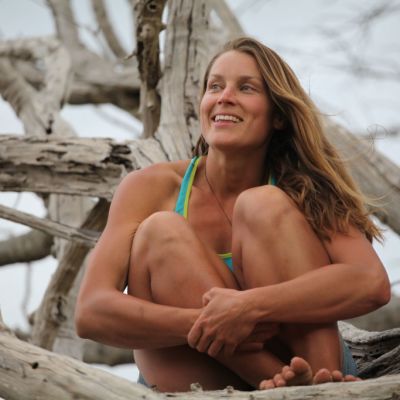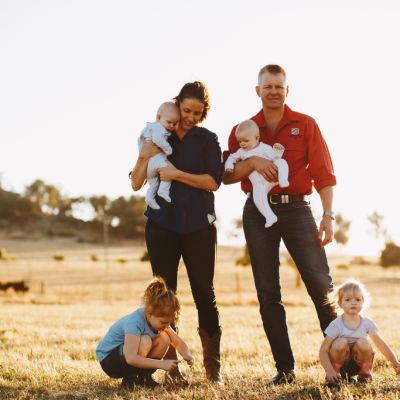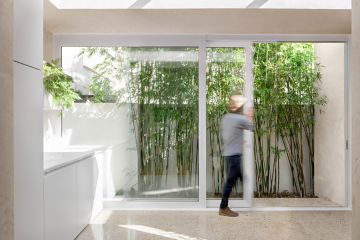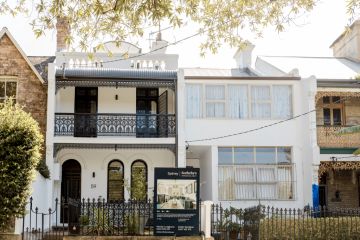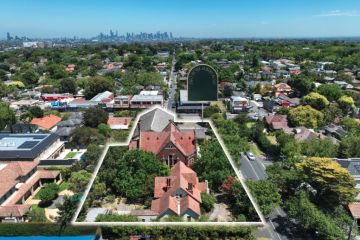How to make it in the country: A former city-slicker's guide to making a tree-change

This year, I’ve driven over 30,000 kilometres. From Mallacoota to Mildura, I’ve passed through towns and cities of two to 100,000 people. In doing so, I’ve interviewed hundreds of community members and business owners to discover what opportunities lie beyond Melbourne’s borders.
I won’t lie: many towns are struggling. But many, particularly those located within 45 minutes’ drive of larger centres, are gentrifying and growing. And in doing so, they are welcoming a new wave of tree changers.
In 10 months, I’ve come to believe that there has never been a better time to live in the country. This is what I’ve learned:
The jobs are out there
Decent work is available, especially in medium- and larger-sized towns. Many sectors are screaming for talent: government, education, health, advanced manufacturing and agriculture. Just as they are in the city, the best roles can be hidden.
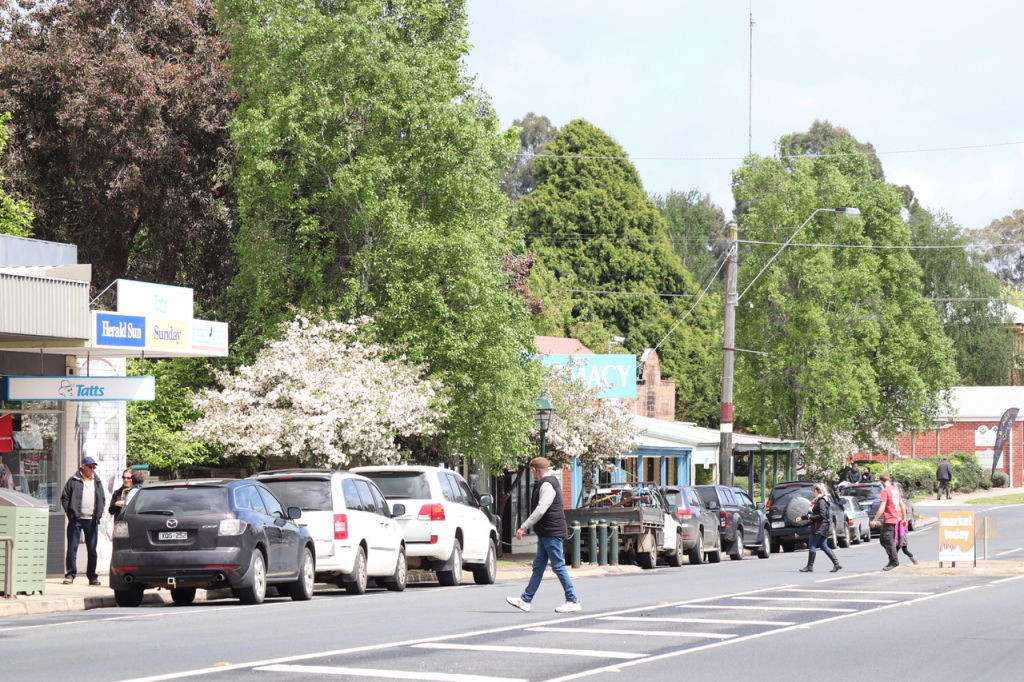
When I started exploring a tree change, I would go door-knocking with my resume. In one town alone, I uncovered four suitable jobs and secured two interviews within a day. It’s an old-fashioned approach, but it works. Very few people take this kind of initiative. It generates respect and word of mouth.
Remote work is an option
Instead of going to the trouble of finding a new job, what about taking your current one with you? Jo Palmer, founder of Pointer Remote Roles says that with advances in technology, more people than ever before are working location-independent.
“The idea of telecommuting has been around for years,” Palmer says. “But with technology like video, messaging and collaboration platforms, employer’s attitudes are shifting. More than ever, it’s possible to have your country dream without sacrificing your career or income”.
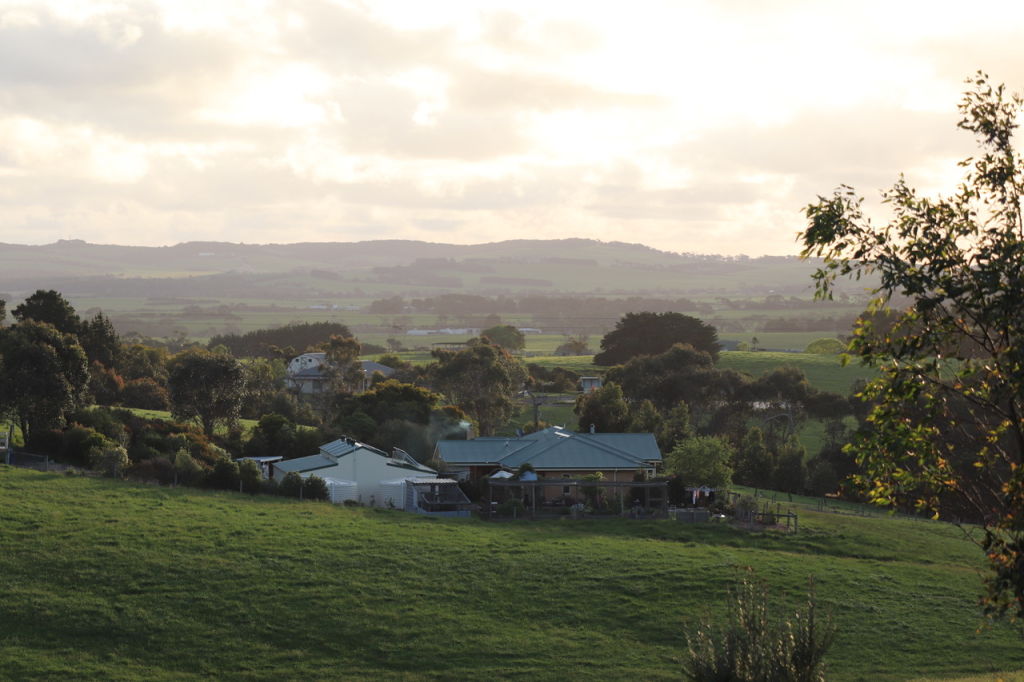
Small business opportunities
Whether it’s a start-up, or taking over an existing entity, the opportunity in small business is vast and untapped. From health services to tourism, arts and culture and professional services, small businesses are thriving in towns of all sizes.
And if you think the internet could be an inhibitor, think again. Jeanie Hall, senior program officer at the Latrobe Valley Authority, concedes that the while things may not be perfect, just about anything is possible with a data connection, mentoring and support. “Even in the Latrobe Valley and South Gippsland, I’m working with businesses that are using technology to grow,” she says.
Enjoy a better lifestyle
James Price, co-founder of UpStart co-work in Mildura, lived in Melbourne and Sydney for 12 years. Disillusioned by house prices and the frenetic pace of life, he made the decision to move back.
“Melbourne and Sydney were never designed to be as big as they are,” he says. “And they’re still growing. How liveable is Melbourne now?
You can get from one side of Mildura to the other in five minutes,” Price adds. “And it’s a great place to be.”
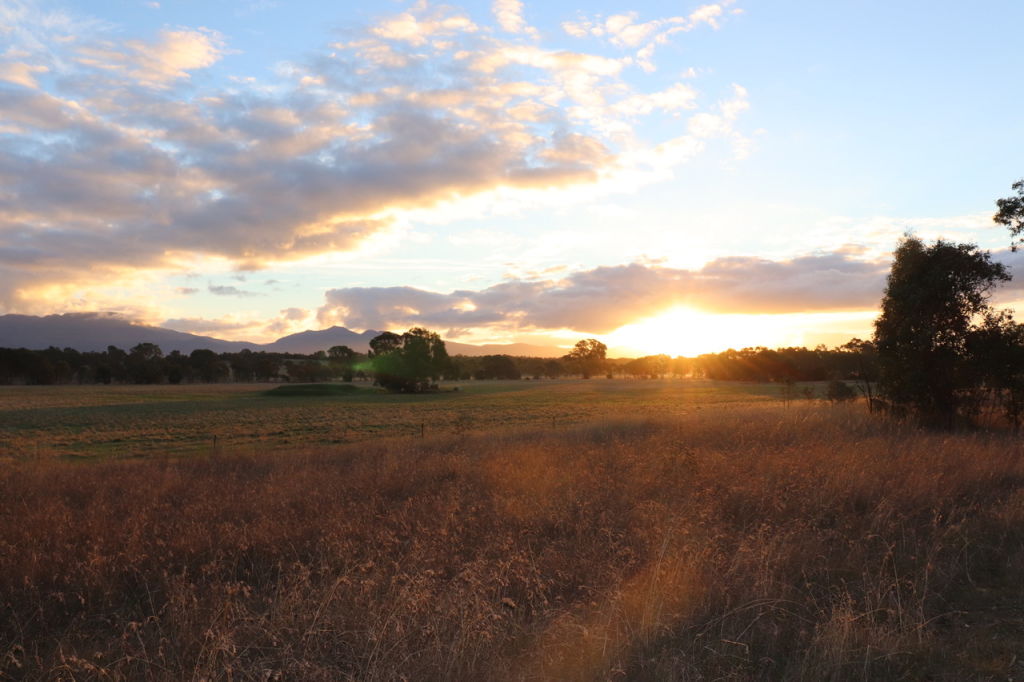
Connect through community events
Andrew McEwen, Councillor at South Gippsland Shire, says that festivals and events, particularly those centred around the strengths of a town, are a great way for people to connect. “In Meeniyan, we developed the Garlic Festival,” he says. In the two years since inception, the festival has attracted over 14,000 visitors, with the help of a committee and 120 volunteers.
Beyond the festival, McEwen says there are lasting effects. “People make new friends, they discover new hobbies and micro-business ventures” he says. “Dare I say it, they find meaning and a sense of belonging. Fundamentally, we all want to contribute to something greater than ourselves. And, frankly, it’s becoming harder to do this in large cities.”
We recommend
We thought you might like
States
Capital Cities
Capital Cities - Rentals
Popular Areas
Allhomes
More

